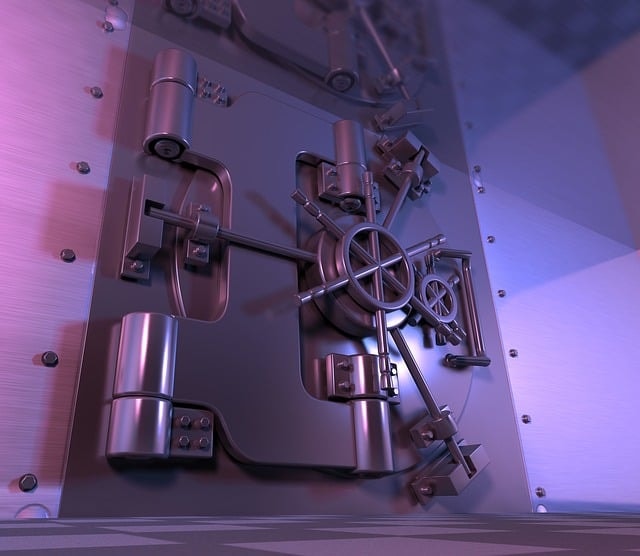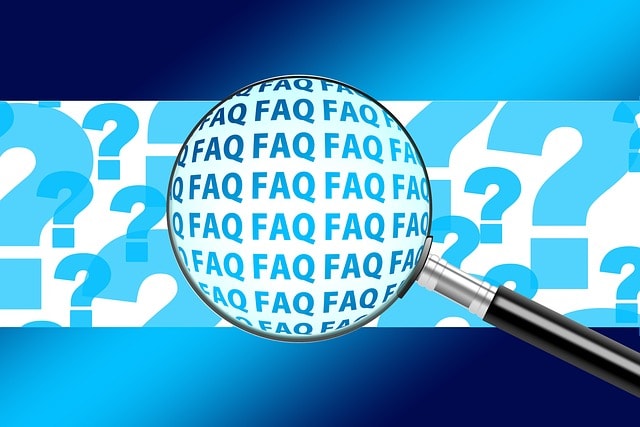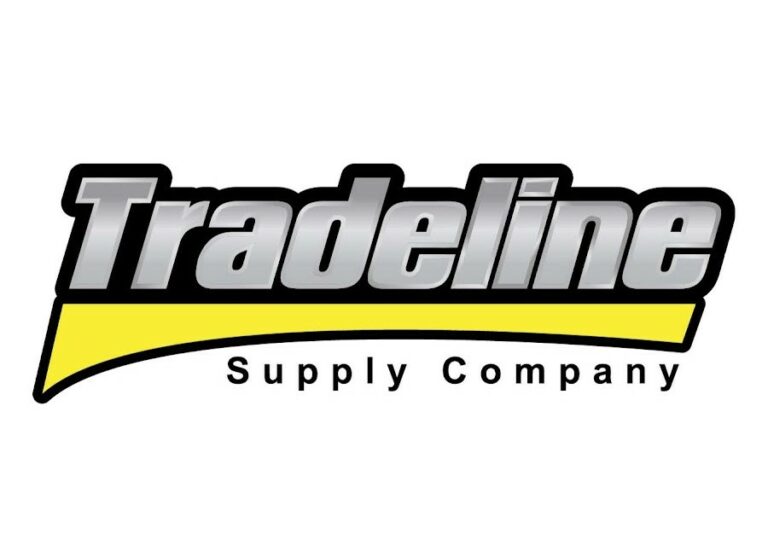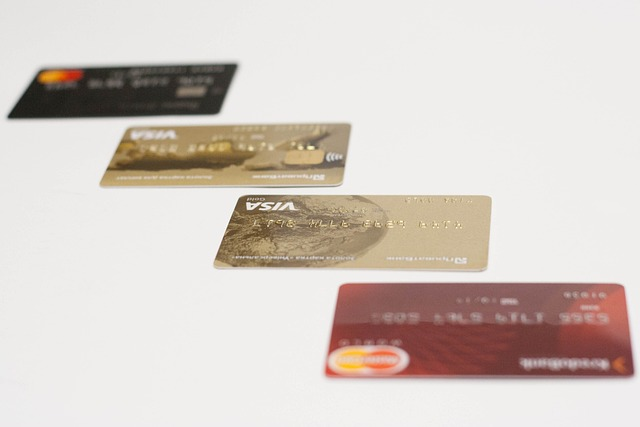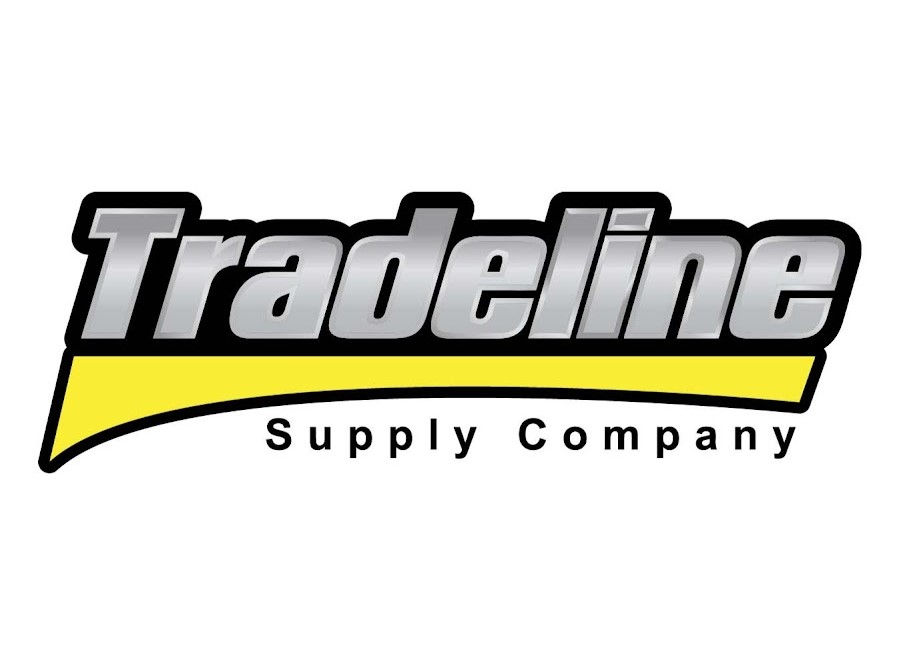What is Collateral for a Business Loan?
Collateral refers to assets that a business owner pledges to secure a loan. Essentially, collateral acts as a safety net for the lender, ensuring they can recover their investment if the borrower defaults.
In the case of a secured business loan, the lender has the legal right to seize the pledged assets to recover the outstanding loan balance. Collateral helps lenders reduce the risk involved in lending, making them more willing to approve loans for businesses that may not have perfect credit scores or established financial history.
Various types of collateral can be used to secure a business loan. Common forms include real estate, business equipment, inventory, accounts receivable, and even personal assets like vehicles or bank accounts. Each type of collateral comes with its own set of risks and requirements, and the choice of how much collateral can significantly impact the terms and size of the loan.
Why Lenders Require Collateral
Lenders require collateral primarily to reduce their risk. When a business pledges collateral, it gives the lender a tangible asset to claim if the borrower fails to repay the loan. This lowers the lender’s financial risk and reassures them that they have a way to recover their investment if necessary. Lenders prefer collateral that is stable in value and easy to liquidate.
In many cases, secured loans offer better terms than unsecured loans. The collateral mitigates the lender’s risk, allowing them to offer lower interest rates, higher loan amounts, and more favorable repayment terms.
Offering collateral can increase the likelihood of securing a loan for small business owners. With valuable collateral in place, even businesses with less-than-perfect credit scores or limited financial history may be able to qualify for financing.
How does Securing a Business Loan with Collateral work?
Securing a business loan with collateral is straightforward, though it can vary depending on the lender and the type of collateral. Typically, the process begins with the business owner submitting a loan application and providing information about the collateral they are willing to pledge. The lender will then assess the collateral’s value and determine whether it meets the loan requirements.
Once the collateral is agreed upon, the lender may perform a valuation, often through an appraisal or assessment of the asset’s current market value. The loan amount will then be based on the collateral’s appraised value, which brings us to the Loan-to-Value (LTV) ratio concept.
Role of Loan-to-Value (LTV) Ratio
The Loan-to-Value (LTV) ratio is a key metric that lenders use to determine the maximum loan amount based on the value of the collateral. Lenders typically set an LTV ratio between 70% and 80% for real estate, meaning you can borrow 70-80% of your property’s appraised value.
The LTV ratio ensures that the collateral adequately secures the loan and helps the lender assess whether the loan is worth the risk. The higher the LTV ratio, the greater the loan amount, which means the collateral must be valued at a higher amount.
The Process of Securing a Loan with Collateral
- Submit the Loan Application: Provide details about your business and the assets you wish to pledge as collateral.
- Collateral Valuation: The lender will assess the value of your collateral to determine how much you can borrow. This may include a professional appraisal of real estate, equipment, or other asset to determine the LTV.
- Offer Collateral Agreement: Once the lender is satisfied with the collateral’s value, they will propose loan terms, including the loan amount and interest rate.
- Finalize Loan Terms: If the terms are agreeable, you will sign the loan agreement, pledging the collateral to secure the loan.
- Repayment and Lien: The lender holds a lien on the collateral throughout the loan term. If the loan is repaid on time, the lien will be removed once the loan is satisfied.
What types of Collateral can be used to Secure a Business Loan?
Collateral can come in many forms, from physical assets to more liquid forms of collateral. Below are some of the most common types of collateral that small businesses can use to secure a loan.
Real Estate: Properties such as office buildings, commercial real estate, or land. Real estate is a common type of collateral due to its significant value and stability over time. Lenders typically view Real estate favorably because it retains value well over time.
Equipment: Machinery, office equipment, or technology used in the business. Equipment financing allows businesses to use their own assets as collateral to secure a loan to purchase or refinance more equipment.
Inventory: Goods or products held in stock. Inventory financing allows businesses to leverage their inventory as collateral to secure working capital. If you default on payments, you could lose access to inventory, risking your ability to generate profit.
Accounts Receivable: Outstanding invoices or receivables. Invoice financing allows businesses to use accounts receivable as collateral to secure funds for operating expenses.
Investments: Stocks, bonds, or other investment assets. Businesses with a portfolio of investments can pledge these as collateral to secure financing.
Liquid Collateral (Cash or Cash Equivalents): Cash reserves, certificates of deposit, or money market accounts are liquid forms of collateral that allow lenders to recover funds quickly if the borrower defaults.
Personal Assets
In some cases, lenders may accept personal assets as collateral for a business loan. This typically happens when a business does not have enough business assets to pledge or if the owner has a strong personal financial position.
Personal assets could include real estate, vehicles, or other valuable possessions. However, using personal assets as collateral carries higher personal risk, as the business owner could lose personal property if the business defaults.
What are the best Secured Business Loans available for SMBs?
The following small business loans are available through our lender network. Many loans are available as secured or unsecured financing, but some require collateral.
Here are some top small business loan options:
Business Term Loans
Business term loans are available as secured or unsecured options depending on creditworthiness. These loans offer a lump sum of capital that businesses can use for various purposes, from expansion to purchasing inventory. Collateral may be required, especially for larger loan amounts or businesses with a riskier profile. Typically, secured business term loans allow for better terms, such as lower interest rates or higher loan amounts.
Equipment Financing
Equipment financing is a secured loan where the equipment being financed serves as collateral. Businesses use this loan to purchase new or used machinery, technology, or vehicles essential to their operations. This makes it easier for companies to acquire high-cost assets without substantial upfront capital. If the business defaults, the lender can repossess the equipment to recover the loan balance.
SBA Loans
SBA loans are government-backed loans designed to help small businesses access capital. While they may require collateral for more significant loan amounts, they are known for offering favorable terms, such as low interest rates and long repayment schedules. The Small Business Administration guarantees a portion of the loan, reducing risk for lenders and making it easier for businesses to qualify.
For most SBA loans, collateral requirements are as follows:
- $50k or less: No collateral required.
- $50k – $350k: Lenders should follow their own collateral requirements for similar loans.
- Over $350k: Collateralized to the maximum extent possible.
Business Line of Credit
A business line of credit is a flexible financing option that provides businesses with ongoing access to funds. With a line of credit, businesses can borrow only what they need when they need it and repay the balance to free up more borrowing power. Unsecured lines of credit are more common, but secured lines of credit may offer better rates and higher borrowing limits, especially for businesses with valuable assets to pledge.
Bad Credit Business Loans
Bad credit business loans are designed for businesses with less-than-perfect credit histories. These loans may require collateral to offset the risk for lenders. While the interest rates may be higher than traditional loans, businesses with collateral can often secure better terms and larger loan amounts. This makes it easier for companies with credit challenges to access capital.
Working Capital Loans
Working capital loans help businesses manage their day-to-day expenses, such as payroll, inventory purchases, or overhead costs. While these loans are typically unsecured, secured working capital loans may offer better rates and higher loan amounts for businesses that pledge collateral. Using assets as collateral can increase the chances of approval and result in more favorable repayment terms.
Commercial Real Estate Loans
Commercial real estate loans purchase or refinance commercial properties such as office buildings, warehouses, or retail spaces. The real estate itself secures these loans, and the lender holds a lien on the property. If the borrower defaults, the lender can seize the property to recover the loan balance. Commercial real estate loans often have long repayment periods and lower interest rates due to the value of the underlying property.
Asset-Based Lending
Asset-based lending (ABL) is a financing option in which a business pledges assets, such as accounts receivable, inventory, or equipment, as collateral for a loan. The loan amount is based on the appraised value of the collateral. This type of financing is often used by businesses with fluctuating cash flow or those without significant credit histories. ABL allows businesses to access capital while using their existing assets as security.
What are the benefits of Collateral for Business Loans?
Collateral offers numerous benefits for small business owners. One of the most significant advantages is the potential for lower interest rates. Secured loans generally have better terms because the collateral mitigates the lender’s risk. This allows businesses to access funds at a more affordable cost.
Additionally, with collateral, businesses can qualify for more significant loan amounts since lenders feel more confident in their ability to recover the loan. Easier qualification is another benefit, as businesses that may not have perfect credit can still secure financing by offering valuable collateral.
What are the drawbacks of Collateral for Business Loans?
While collateral can be beneficial, it also comes with certain risks. The most significant drawback is the risk of losing assets if the business defaults on the loan. This could mean losing critical business equipment, real estate, or even personal property.
Additionally, some forms of collateral, such as inventory or accounts receivable, may incur additional fees or be subject to higher interest rates. Another challenge is valuation – accurately determining the value of collateral can be subjective and may require professional appraisals, which can be costly. Finally, collateralized assets typically can’t be used for other financing options while the lender holds a lien on them.
Collateralized Business Loan Pros & Cons
Pros:
- Lower interest rates.
- Larger loan amounts.
- Easier qualification for businesses with less-than-perfect credit.
- More favorable loan terms.
Cons:
- Risk of losing assets.
- Additional fees for certain types of collateral.
- Valuation can be subjective and may require costly appraisals.
- Assets typically can’t be used for other financing options.
How do I apply for a Secured Business Loan?
You can apply for a secured or unsecured small business loan through our lender network by following these steps:
Step 1 – Apply online in a few minutes: Use our simple online application to submit a request for business funding. If you need any help along the way, give us a call, chat, or email.
Step 2 – Get expert advice on loan options: An expert, knowledgeable account executive will walk you through all the fine details and requirements. This is to ensure you have all the info you need.
Step 3 – Finalize your application and get funded: Once your funding has been approved and closed, the lender sends the funds to your account so you can start using them to grow your business.
Frequently Asked Questions
Here are the most common questions about the types of collateral that can secure busienss loans.
What’s the difference between Secured & Unsecured Business Loans?
Secured business loans require collateral, while unsecured business loans do not. Secured loans typically offer better interest rates and terms because the lender can recover their investment if the borrower defaults.
On the other hand, unsecured loans tend to have higher interest rates due to the lender’s increased risk. They are typically based on factors like creditworthiness and cash flow. Unsecured loans may also require personal guarantees, allowing lenders to claim personal assets.
Can I use personal assets to Secure a Business Loan?
Yes, personal assets such as a home, car, or savings can sometimes be used as collateral for a business loan. Additionally, a personal guarantee may be required, meaning the borrower promises to repay the loan personally if the business fails to do so.
What are my Business Loan options if I don’t have Collateral?
If you don’t have collateral, several business loan options are still available to help you access your needed funding. While securing a loan without collateral may come with some challenges, it’s definitely possible with the right approach.
Unsecured Loans
Unsecured loans are a popular option for business owners who don’t have collateral to offer. These loans, including short-term loans, business lines of credit, and some SBA loans, don’t require any assets to back the loan. Instead, the lender relies on factors such as your business’s financial health, credit history, and overall risk profile.
While unsecured loans don’t require collateral, they may come with higher interest rates than secured loans, as the lender faces more risk. It’s crucial to weigh the cost against the flexibility and quick access to capital that unsecured loans can provide.
Alternative Funding
If traditional unsecured loans aren’t an option, there are alternative funding sources that don’t require upfront collateral but involve using future receivables to secure the funding. These options are not loans but business-to-business transactions in which lenders purchase future receivables in advance.
Three notable alternatives include:
- Merchant Cash Advances (MCA): MCAs provide businesses with an advance on future credit card sales. The lender gives a lump sum of cash in exchange for a percentage of your daily credit card receipts. While this option doesn’t require collateral, the payments are based on your sales, which means higher costs if your sales fluctuate.
- Invoice Factoring: Invoice factoring involves selling your accounts receivable to a factoring company at a discounted rate. This allows you to get immediate cash based on outstanding invoices rather than waiting for customers to pay. While this doesn’t involve traditional collateral, your invoices serve as the guarantee.
- Revenue-Based Financing: Revenue-based financing allows businesses to borrow money based on their monthly revenue. The lender will provide an upfront lump sum in exchange for a fixed percentage of future revenue until the loan is repaid. This type of financing is typically used by businesses with steady revenue but no collateral.
Financing Alternatives: Small Business Grants, Crowdfunding, & Equity Financing
In addition to traditional loans and alternative funding, small business owners can also explore non-traditional routes such as grants, crowdfunding, and equity financing.
- Small Business Grants: Grants are a great source of funding as they don’t require repayment or collateral. Government entities, non-profit organizations, and private companies often offer them to support specific industries or causes. However, competition can be intense, and the application process can be lengthy.
- Crowdfunding: Crowdfunding platforms allow business owners to raise capital by asking for small contributions from a large number of people. This option is ideal for businesses with a compelling story or innovative products that can generate interest from the general public.
- Equity Financing: In equity financing, business owners exchange a percentage of their business ownership for funding. Investors provide capital in exchange for equity, and while this doesn’t require collateral, it does mean giving up a portion of ownership and control of your business.
Each of these options offers distinct benefits and challenges, so it’s essential to evaluate them carefully based on your business’s needs and goals.
What Types Of Collateral Can Secure Business Loans? – Final Thoughts
Collateral is crucial in securing business loans. It offers businesses access to necessary capital while minimizing the lender’s risk. The types of collateral available range from real estate to liquid assets, and the choice of collateral can influence loan terms.
While collateral business loans have benefits such as lower interest rates and higher loan amounts, they also carry risks, including the potential for losing valuable assets. Unsecured business loans exist if you don’t have collateral, and alternative funding routes can help your business grow. Understanding the various types of collateral and loan options will help you make informed decisions when financing your small business.
Contact us if you have more questions about collateral or if you want to apply for a small business loan. Our alternative financing experts can help you find the best secured and unsecured business loans to achieve your goals.




